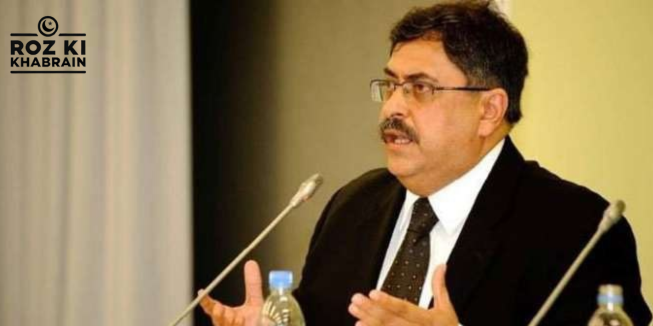The Supreme Court has identified systemic flaws in handling appeals for life imprisonment cases, citing administrative inefficiencies and judicial delays.
A three-member bench, led by Justice Jamal Khan Mandokhel, heard the case of Usman, convicted in 2007 for the murder of Yasin in Sheikhupura and sentenced to life imprisonment. Usman filed an appeal against his sentence in 2017, but it was only scheduled for hearing after he had completed his sentence and been released.
The public prosecutor confirmed that Usman was acquitted after serving his term. Justice Mandokhel noted that the appeal had been pending since 2017, with Justice Athar Minallah holding successive chief justices accountable for the delay.
Justice Minallah criticized the Supreme Court’s administrative role in this negligence and emphasized that the president, governor, and parliament have the authority to seek accountability from the judiciary in such cases. He also pointed out broader issues within the criminal justice system, including limited investigative resources, citing a mere Rs350 allocation for criminal investigations. He called for comprehensive reforms to ensure justice for ordinary citizens.
Justice Shahzad Malik highlighted the shortage of judges and staff across the judiciary, stressing the urgent need for infrastructure improvements and additional appointments in lower courts, including anti-terrorism and special courts, to tackle the backlog of over 400,000 pending cases nationwide, with the Lahore High Court accounting for a significant share.
During the hearing, Khyber Pakhtunkhwa Deputy Advocate General Kausar Ali mentioned the attack on the Khyber Pakhtunkhwa House in Islamabad, implying external interference. Justice Mandokhel rebuked him, advising against politicizing court proceedings and urging the province to prioritize justice in criminal and service matters over political concerns.
The court ultimately disposed of Usman’s case, acknowledging that he had already served his sentence and been released.




